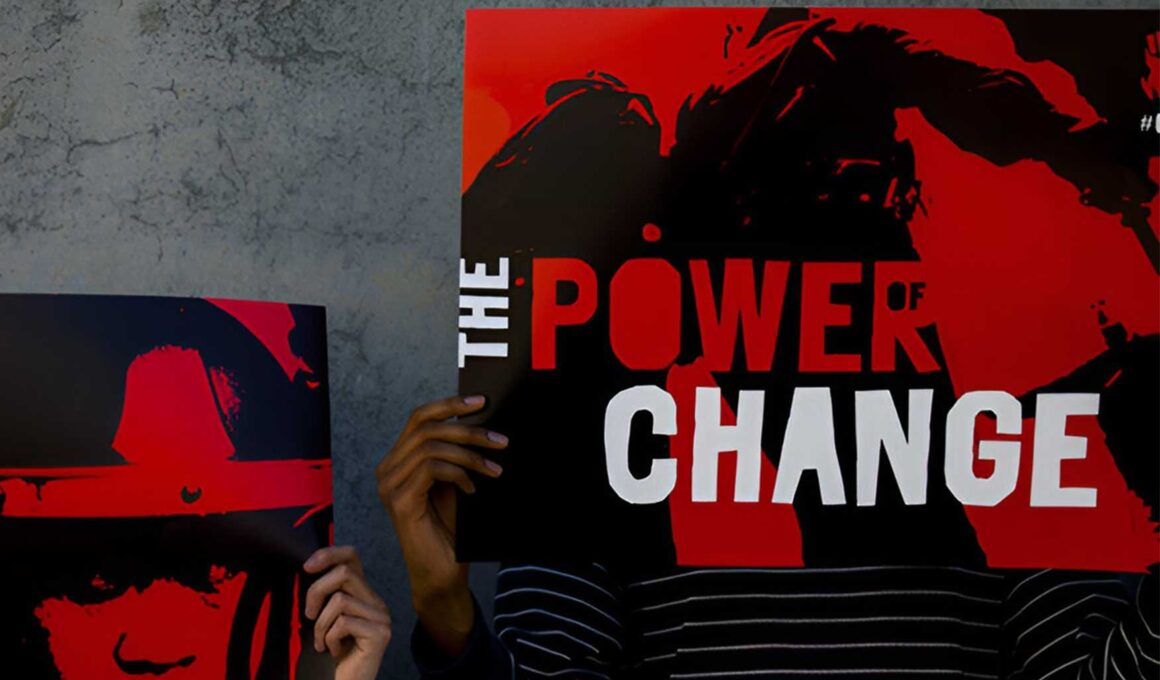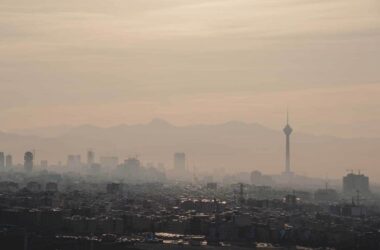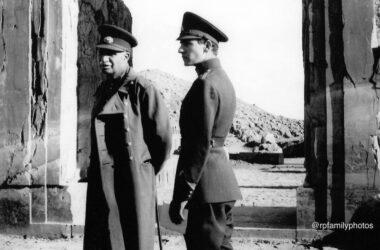Numerous issues and inquiries surround the topic of political change. Frequently, these questions surface during informal family discussions in Iran. Regrettably, they often go unaddressed in mainstream media programs, political party agendas, and expert interviews, where such valuable insights could be shared.
To illustrate some of the questions and issues that warrant attention, I’ve outlined 10 distinct categories (without any specific order) that delve into the complexities of change. These questions help shed light on why political groups and parties may not be taken seriously in recent years, while the media is often dominated by sensational figures.
Military Involvement: How can civilian control over the military be maintained? What mechanisms ensure their loyalty? What actions should be taken if the military steps into politics? How can unauthorized access to military facilities be prevented? What is the oversight mechanism for armed forces? How is the role of firearms in society evolving?
Transformation of Security Forces: Why and how should rapid changes occur within the police and security forces? What criteria will determine eligibility for armed service in the future? How can sensitive information and documents be safeguarded? What measures will protect citizens’ property rights? What safeguards are in place for embassies? What changes will occur at airports and borders?
Judicial System and Governance: What will the legal and judicial process look like in this transitional period? In the absence of established laws, what principles guide judgments and ensure justice? How should large groups connected to the government be addressed? Which slogans and demands align with the pursuit of inclusive and equitable justice, ultimately leading to peace and stability in the future? What is the outlook for religion, and what role will it play in the future of society? What prospects lie ahead for achieving lasting peace?
Territorial Control and Conquest: Which cities and regions should be strategically controlled, and what does “conquest” entail in this context? How soon does effective governance occur in newly acquired territories? Who has the authority to oversee and govern these areas? What steps should be taken if groups in different cities or regions fail to cooperate with the central government or other protest groups after territorial control and securing key locations?
Infrastructure and Essential Services: During times of change, is there a risk of essential services such as water, electricity, gas, and telephone being disrupted? How can potential shortages and famine be prevented? In the event of a banking system disruption and limited access to funds, what measures can be taken to address financial stability and accessibility? How can the supply of gasoline and diesel be ensured? What strategies will guarantee internet access and the availability of news sources throughout the transition period?
Foreign Involvement and Support: What does the backing of foreign governments signify, and which governments are providing support? Is there a need for external intelligence assistance, and if so, how should it be coordinated? Is foreign military support deemed essential, and what terms should be set for foreign military and security commitments? What are the minimum requirements for foreign intervention and support? How is agreement and assurance defined in this context, and which governments are opposed to the proposed changes?
Transition to Normalcy: What is the roadmap for returning to normalcy? How long is the anticipated transition period, and what specific stages does it entail? What procedures are involved in enacting new legislation and ensuring effective oversight? How can power distribution and checks and balances be maintained throughout various phases of the transition? How are timeframes and deadlines upheld, and what measures should be taken concerning groups that remain active on the streets or join protests?
Freedom of Expression and Conflict Prevention: How can freedom of expression be monitored and potential conflicts mitigated? Should any article or content be publishable without restriction? What are the parameters for prosecuting individuals, and what consequences follow? In the presence of the original conquerors and other stakeholders, how can a stable state be reached, particularly regarding the allocation of platforms, facilities, and equipment?









